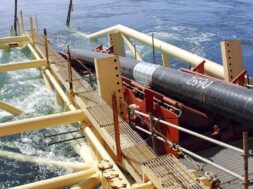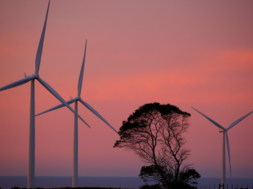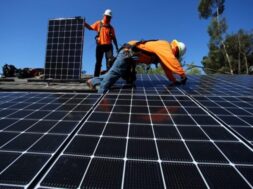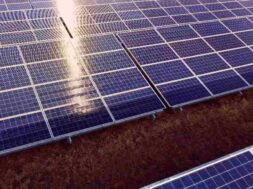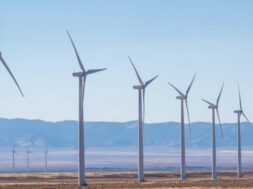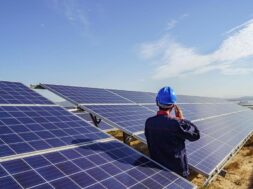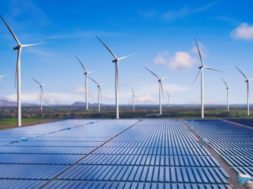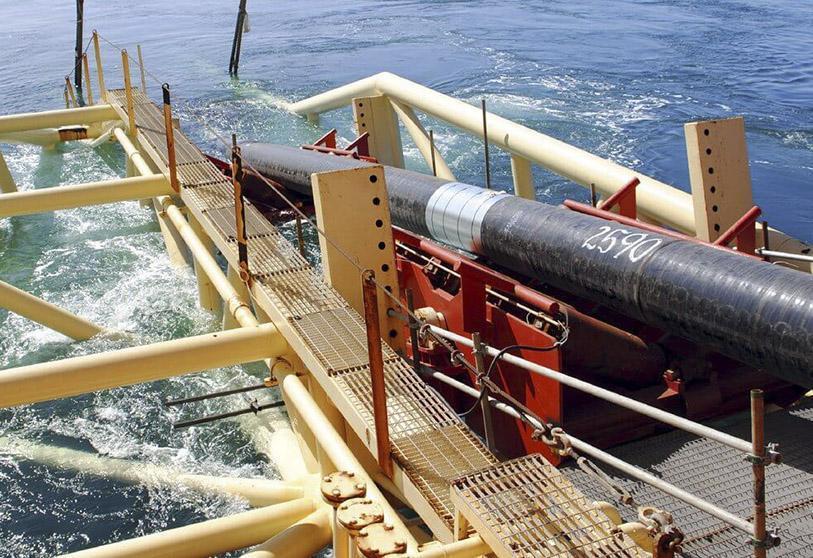
Submarine electricity link: British government pushes ahead with Morocco connection project – EQ Mag
The project is expected to be implemented soon, with the construction of several wind and solar power plants on the Maghreb soil
The document “Powering Up Brittain: Energy Security Plan”, published by the British government, examines the feasibility and interest of the submarine cable project proposed by the British startup Xlinks to connect Morocco to the United Kingdom. The aim is to assess how this initiative could benefit Britain’s energy security and contribute to the development of renewable energies and the diversification of its energy sources. The UK government’s energy supply plan document is an important statement of commitment to the UK’s energy future and climate priorities. The document focuses on increasing energy diversification through the use of renewable energy in order to improve energy security, reduce the negative impacts of climate change and strengthen the economy. What is proposed is a series of initiatives to achieve this goal, such as investment in research and development, the creation of a new energy market and the building of renewable energy infrastructure.
To ensure the UK’s energy security, the government needs to ensure a diversified energy mix, stable supply, investment in infrastructure and appropriate regulatory policies. This means developing new energy sources such as wind, solar and geothermal power, as well as supporting the modernisation of existing electricity infrastructure and research to improve energy efficiency. The government must also establish a regulatory framework that promotes long-term investment in clean and sustainable energy. It should also work with other countries to ensure a secure energy supply, especially if the UK relies on traditional energy sources such as natural gas, coal and oil.
The Morocco-UK electricity interconnector project aims to build a huge solar and wind farm in the Guelmim-Oued Noun region to produce clean electricity. This electricity will be transported via four undersea cables to a giant battery plant in North Devon, England, via Portugal, Spain and France. To complete this project, a vessel of more than 200 metres is needed to lay the undersea cables, as well as a factory in Scotland to manufacture the cable, which will be the longest ever made.
The scheme is one of the most ambitious clean energy initiatives to date, funded by the African Development Bank, the British government and King Mohammed VI of Morocco. It will also provide jobs for dozens of people across Europe, a major breakthrough in the fight against climate change.
The clean electricity that will be produced at the solar and wind farm will help reduce carbon emissions in the two countries, providing an alternative to fossil fuels. The fact that the undersea cables will transport clean electricity across several countries before landing in the UK also shows the European Union’s commitment to clean energy and environmental protection.
Xlinks is estimated to cost approximately $22 billion, and is expected to cover approximately 8% of Britain’s electricity needs. This would allow the UK to access energy and take advantage of Moroccan wind power, which is one of the cheapest in the world. For its part, the North African country would benefit from having a stable connection to the UK, in order to allow it to supply its surplus energy to a much larger market. Moroccan ministers see this initiative as a good project, although they are awaiting the UK government’s approval to start negotiations.
